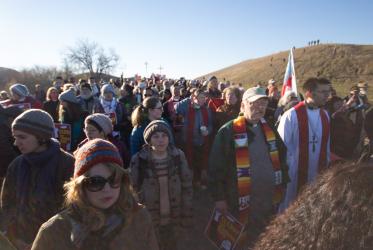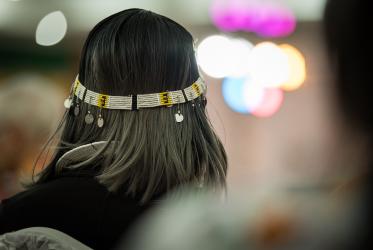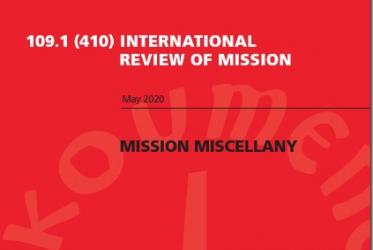Elohim, You formed me – inside out; You knitted me together as I am in my mother’s womb…
This week, the first week of Advent, in the Ecumenical Prayer Cycle, we are praying with the people and churches of Myanmar and Thailand.
3 December is the International Day of Persons with Disabilities. In a time of physical distancing, let us unite our hearts and minds as we prayerfully seek to overcome Sexual and Gender-Based Violence together.
Prayers were prepared by staff of the WCC's Ecumenical Disability Advocates Network (EDAN).
03 December 2020
WCC Programmes













